India's deaf shooters are producing scores that rival - and in some cases surpass - the best able-bodied shooters in the world. At the 25th Summer Deaflympics in Tokyo, they have rewritten record books, dominated finals, and showcased a level of precision to present a case for themselves to be slotted alongside normal athletes at grandest of stage i.e. Olympics.
For a contingent that trains with limited support and spends most of the year practising alone, the question today is no longer whether they can win medals at the Deaflympics. The question is far more ambitious, far more urgent: Why not the Olympics next?
This quiet revolution has unfolded through the grit of athletes, the measured guidance of coaches appointed by the National Rifle Association
of India (NRAI), and the relentless determination of shooters who have learned to navigate soundless ranges, communication hurdles, and a system still catching up to their talent.
Among the mentors shaping their short but crucial preparation window is coach Anuja Jung, not as the architect of their rise but as one of the few experienced hands ensuring their final-stage refinement.
A Veteran Champion Who Understands Their Journey
Jung brings extraordinary credibility to this programme. She is not a coach who came into deafsport from the outside - she is a shooter who has lived excellence. Over a career spanning more than 30 years, she represented India at multiple international tournaments and won gold and bronze medals at the 2002 Commonwealth Games in Manchester.
Her long career gives her a perspective that few others can offer. It also allows her to recognise elite talent instantly - and to understand the gaps in the system just as quickly.
But her connection to the deaf contingent is also deeply personal. "My father became hard of hearing with age," she tells myKhel. "We struggled a lot at home. When I began working with deaf shooters, I understood their difficulties immediately. "
For someone who has travelled the world as an elite athlete and later guided others through the pressures of competition, empathy became her most powerful coaching tool.
A Contingent That Trains Alone - Yet Competes Like a Superpower
One of the most revealing truths Jung shares is that India's deaf shooters do not enjoy the training ecosystem that Olympic shooters do. "They do not get many government camps," she explains. "Usually only one before the Deaflympics. The rest of the year, they train at home with their own coaches. When they come to us, our job is only to polish them. "
This clarity comes from someone who has seen the best systems in the world. Her own shooting career exposed her to structured camps, sports science support, foreign training blocks - the very things the deaf shooters do not receive.
Yet, Tokyo proved that despite these limitations, the athletes are building world-class ability purely through persistence and self-driven training.
Tokyo: Where Self-Made Athletes Proved They Belong Among the World's Best
Jung's pre-Games assessment was not hopeful optimism; it was the instinct of a seasoned campaigner recognising the form of other champions. And Tokyo validated everything she said. Dhanush Srikanth shattered his own world deaf record in the 10m Air Rifle final with a score of 252.2 - higher than the 252.0 that won the able-bodied world title at the ISSF World Championships a few days earlier.
"He is a fantastic shooter," Jung said before the Games. "He's already broken world records in both Deaf World Championships. I believed he would better his record again. " Her belief was built on experience - and it proved prophetic.
Mahit Sandhu added to her reputation with individual silver and mixed team gold. Abhinav Deshwal and Pranjali Prashant Dhumal were dominant in the 10m Air Pistol Mixed Teams final. Komal Waghmare and Mohammed Murtaza Vania continued India's streak of podium finishes, while Kushagra Singh Rajawat produced a fine bronze in the demanding 50m Rifle Prone.
The results were not flashes of brilliance. They were proof of a system - albeit a fragile one - held up by tireless individual commitment.
In a Sport Built on Sound, They Train in Silence
Shooting is a sport of commands, timing cues, and rhythm. But Deaflympics rules require athletes to remove their hearing aids. For many, formal sign language is unfamiliar. In these conditions, even the basics of coaching become complicated - unless the coach knows how to listen without hearing.
"We have to create our own working language," Jung says. "Earlier we used flags, then coloured boards with written commands. This year, a shooter developed a visual command software for us. "
Her long competitive career taught her to adapt under pressure, and she applies that flexibility here. Her communication with the athletes is not textbook - it is intuitive. And the athletes respond with trust because they see in her someone who has walked the path of elite competition.
NRAI's Role and a Structure That Needs More Support
Jung is firm about the importance of institutional backing. "We cannot do anything without NRAI," she says. "They guide us on planning, appoint coaches, and support us technically. "
It was the NRAI-AISCD collaboration in 2022 that finally brought deaf shooters into the mainstream national system. Jung was then appointed Technical Director for the programme - a role that requires expertise, patience, and her decades of technical insights.
But she also sees the gaps clearly, as only someone of her experience can: the absence of regular camps, the shortage of visual command systems in most ranges, and the lack of structured exposure to able-bodied competitions.
Her competitive pedigree gives weight to her evaluation - this is not criticism, but assessment from someone who has lived inside India's shooting ecosystem for decades.
A Pipeline Growing Faster Than Anyone Expected
The numbers tell the story. "When the deaf category was first introduced in national competitions, only 45 shooters participated. The next year, that doubled. This year, over 150 shooters are expected," Jung added.
This is a surge almost identical to the early 2000s boom in Indian shooting - a time Jung herself witnessed from the firing line as a leading athlete.
"Many were already shooting in the normal category," she says. "The Deaf category gave them recognition and a fair platform. The level of competition has increased every year. "
Her familiarity with the growth pattern reinforces the notion that this movement is on the same trajectory India's mainstream shooting followed before exploding into an Olympic powerhouse.
Dhanush and the Olympic Dream - Not Ambition, but Trajectory
Perhaps the most striking revelation Jung shares is about Dhanush's future. "He is eyeing the normal Olympics," she says. "This Deaflympics is part of his journey. "
Coming from a coach without her experience, this would sound aspirational. Coming from a CWG gold medallist who has trained and competed alongside Olympic-level shooters, it becomes credible.
And she's right - Dhanush has already competed in Junior World Cups and World Championships. So have Mahit, Pranjali and several others. They are not outsiders to the Olympic pathway. They are already on it.
What Jung admires most is not their scores, but their temperament. "We never have discipline issues," she says. "If we say reporting time is seven, they arrive before seven. They are fun, friendly, cooperative. It is a humbling experience. "
For an athlete who once stood on podiums wearing the Indian flag, and who knows exactly what it takes to get there, this compliment reveals everything about the squad's character.
A Future That Is No Longer Improbable
As Jung watches India's deaf shooters break records, win medals, and stiffen the competition for countries like Korea and Ukraine, the question of Olympic inclusion no longer feels symbolic. It feels logical.
She has seen talent evolve, systems grow, and champions emerge - first as an athlete, then as a coach, and now as a mentor for a rising second talent pool parallel to India's mainstream shooting setup.
Her final assessment carries the weight of her entire career: "They are talented. They are ready. And they deserve every opportunity. "
India's deaf shooters proved in Tokyo that they can compete with the world's best. The next leap - onto the Olympic stage - might come sooner than anyone imagined.
India's Shooting Results at Tokyo Deaflympics 2025 (So Far)
| Event | Athlete / Team | Medal | Score / Result |
|---|---|---|---|
| 10m Air Rifle Men - Final | Dhanush Srikanth | 🥇 Gold | 252.2 (World Deaf Record) |
| 10m Air Rifle Men - Final | Mohammed Murtaza Vania | 🥈 Silver | 250.1 |
| 10m Air Rifle Women - Final | Mahit Sandhu | 🥈 Silver | 250.5 |
| 10m Air Rifle Women - Final | Komal Milind Waghmare | 🥉 Bronze | 228.3 |
| 10m Air Rifle Mixed Team - Gold Medal Match | Dhanush Srikanth & Mahit Sandhu | 🥇 Gold | 17-7 vs Korea |
| 10m Air Rifle Mixed Team - Bronze Medal Match | Mohammed Murtaza Vania & Komal Milind Waghmare | 🥉 Bronze | 16-12 vs Ukraine |
| 10m Air Pistol Mixed Team - Final | Abhinav Deshwal & Pranjali Prashant Dhumal | 🥇 Gold | 16-6 vs Chinese Taipei |
| 50m Rifle Prone - Final | Kushagra Singh Rajawat | 🥉 Bronze | 224.3 |
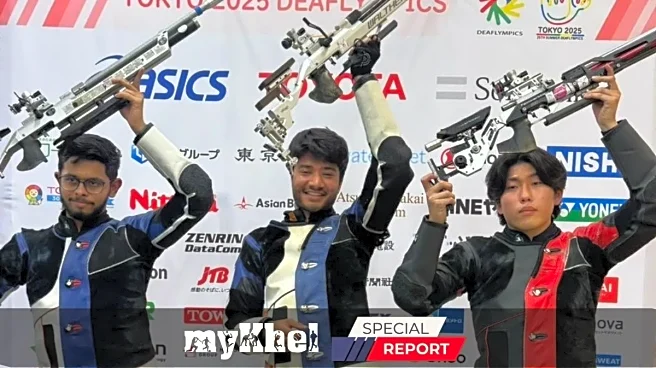

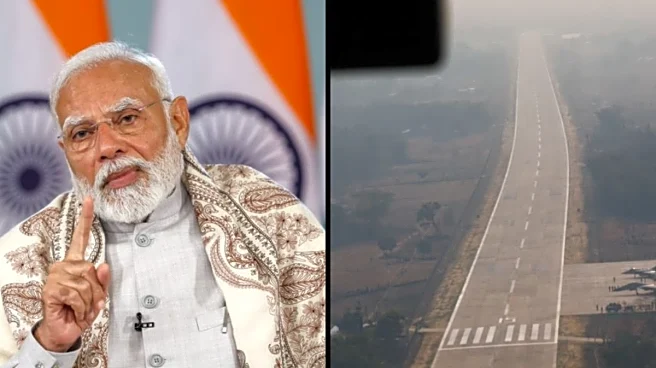
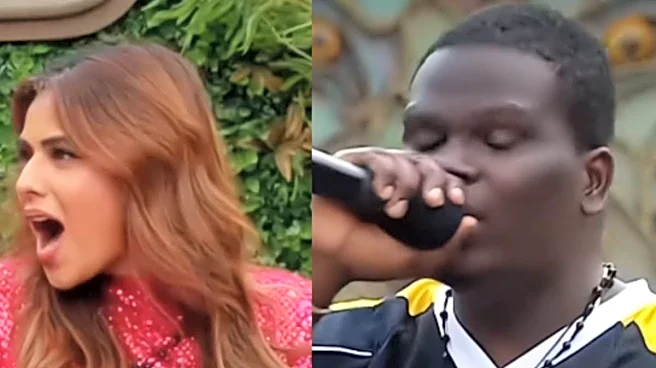
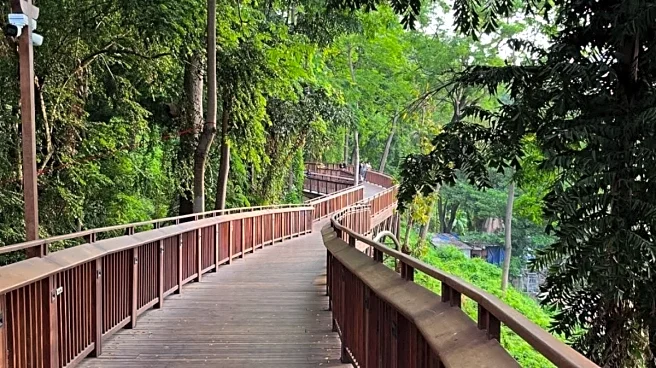
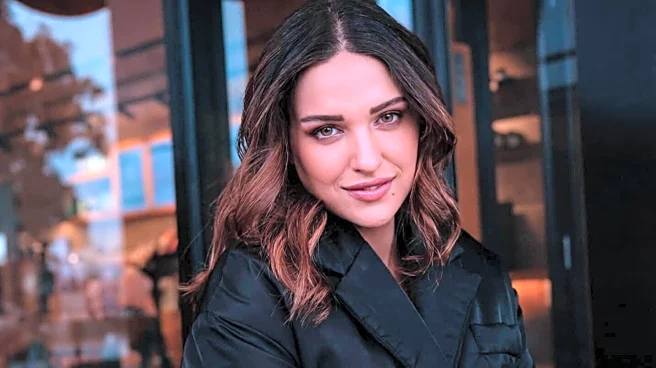

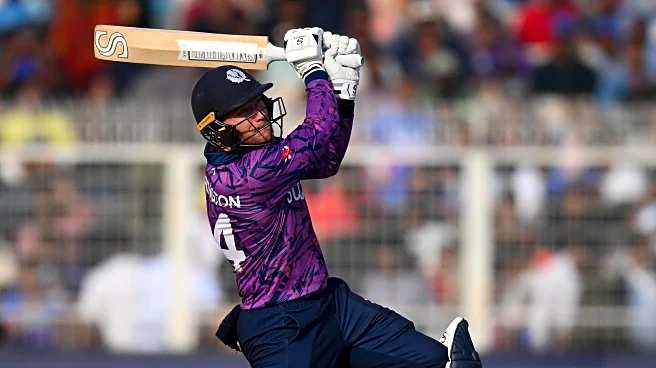
/images/ppid_a911dc6a-image-177107062796921011.webp)

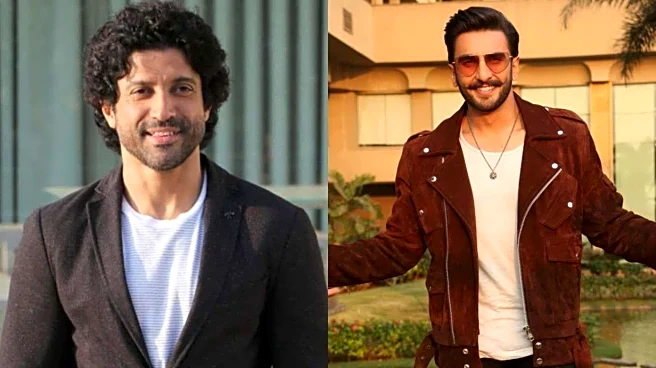

/images/ppid_a911dc6a-image-17710700586131340.webp)
/images/ppid_a911dc6a-image-177107002875928030.webp)
/images/ppid_a911dc6a-image-177107008754197673.webp)